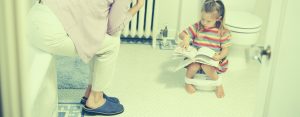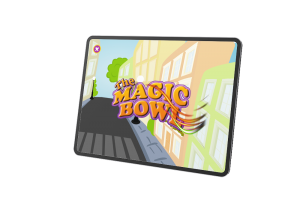
DOS AND DON’TS
DO’S AND DON’TS Don’t act under pressure Certain situations can cause parents to try and speed up the process. Perhaps the kid is about to

DO’S AND DON’TS Don’t act under pressure Certain situations can cause parents to try and speed up the process. Perhaps the kid is about to

Guidelines for successful Potty Training and damage prevention The impact of parents behavior The toilet training process has a strong impact on how the child’s

POTTY TRAINING ON A WEEKEND This is an intensive focused program implemented by parents continuously over several days (we recommend on a long weekend or

Speed up the process of progressing from infant diapers to toilet chairs or toilet seats with The Magic Bowl App.

The Magic Bowl – potty training made easy Dr. Baruch Kushnir turns potty training into a fun, effective, and most importantly, short experience. Order Now

Encopresis – you can beat it! Game-changing solutions for Toilet Anxiety, Soiling, and Constipation in Children Order Now About the book How to eliminate poop